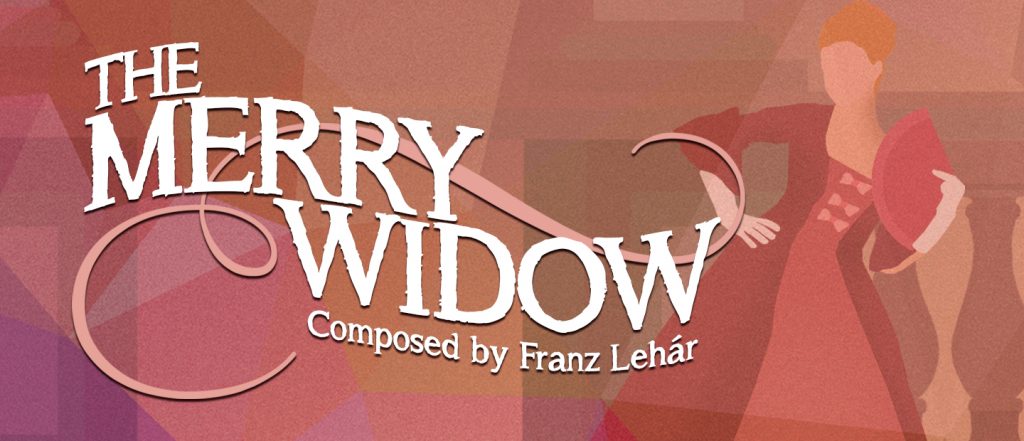
Charlottesville Opera returns to The Paramount for their final show in July with Franz Lehár’s The Merry Widow!
Hanna Glawari is perhaps the most eligible widow in town, and her many suitors intend to win her hand, at any cost. However, Hanna’s heart belongs to a man from her past who may be too proud to admit his love to win her hand.
Before we join Hanna for a raucous night of dancing, singing, and the best party in all of opera, here’s a cheat sheet of what this operetta’s all about!
The Music
- Bubbly, beautiful, and full of tunes you’ll be humming as you leave the theatre.
- Lehár packed his score with dance tunes, from his famous waltz to marches, cancans, gallops and a polonaise. His score is more sophisticated than many operettas, which often pair the melody with a simple orchestral accompaniment. Lehár filled out his orchestration with colour and harmony — the sound is rich and full.
- Listen out for eastern European folk tunes that set a Balkan scene for Pontevedro.
The Composer
- Franz Lehár was born in 1870 to an Austrian infantry bandmaster and his Hungarian-German wife.
- As a teenager, Lehár went to the Prague Conservatory to study violin. It was Antonín Dvořák who spotted his talents as a composer, and suggested he study the craft. The conservatory rules did not allow a student to have two specialties, so Lehár taught himself.
- After a time as a bandmaster in the army, like his father, Lehár became a successful composer and was able to resign his commission. He was famous for his operettas, although he also wrote an opera, famous waltzes, sonatas and marches.
- He died in 1948, aged 78 years, and was buried near Salzburg
The Fun Facts
- The cash-strapped theatre where The Merry Widow premiered wouldn’t pay for new sets and costumes, so the stars shelled out for their own threads.
- The Merry Widow has been translated into more than 25 languages, transformed into a ballet and inspired several films.
- Lehár’s music was popular with Hitler and other Nazis. However, the composer frequently worked with Jewish librettists and was married to a Jewish woman.
- The Nazi regime awarded his wife, Sophie, the status of ‘honorary Aryan’.
- Lehár was a savvy businessman, and went into publishing towards the end of his career. He bought back the rights to his hits to ensure he and his estate would continue to profit from them.
Source: Sydney Opera House





